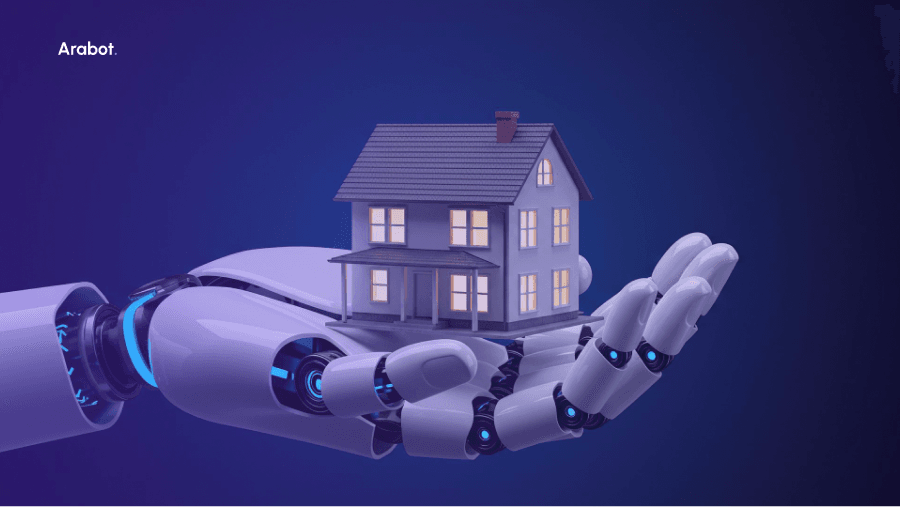Tech
How Arabot Became the First Platform toAddress Arabic Language Challenges in Chatbot Applications

Artificial intelligence technology applications have revolutionized global markets recently. Interactive chatbots have been one of the most popular AI applications recently, with major brands including Facebook, Skype and Amazon competing to use them. Many companies and institutions have developed interactive chatbots for several main purposes, including providing distinguished customer service in multiple languages, the most famous of which is English, automatically transferring the conversation to a customer service employee when the customer wants it, and answering the customer's questions and inquiries in a way that is difficult to distinguish from natural human responses at first glance.
We have heard about chatbot applications and the many advantages they offer to companies and institutions in different sectors and fields. Some of them were able to use chatbot technology to achieve huge sales, some used this technology to improve the experience of existing customers and attract new customers, and some used interactive chatbots to manage and follow up on marketing campaigns and provide a satisfactory experience for the user.
But how can these smart robots, with all their features and AI technology built on them, be able to meet the challenges of the Arabic language? And how can these smart robots talk to customers and answer their inquiries in Arabic regardless of their different dialects and accents? Since the Arabic language is not limited to one nationality only, many customers may prefer to speak in their usual dialects, whether Egyptian, Jordanian, Lebanese, Gulf or others.
ntrepreneur Abdullah Fazaa and Dr. Qais Hassan, an expert in artificial intelligence, saw a valuable opportunity to establish Arabot in 2016, becoming the first Arab company of its kind to develop interactive chatbot technologies based on artificial intelligence and Arabic language processing technologies, which can speak and chat with customers in their local Arabic language and dialect, without forcing them to communicate in classical Arabic in order to understand their various questions and inquiries. It is worth noting that these smart chatbots are available around the clock, and are characterized by immediate and fast response without the need to wait for human customers who can respond during the specified working hours. In addition, the customer may have to wait for the customer service team for a long time, as the maximum capacity of a real person is to process 2 to 3 conversations at the same time, while there are no limits to that in chatbot technology.
Arabot supports messaging services via Facebook, Messenger, Skype, Telegram, websites and other applications. Not only that, but the interactive chatbots developed by Arabot can communicate with customers and obtain important information from the customer, such as name, place of residence, language, nationality and personal interests, in order to engage customers in targeted marketing campaigns and share relevant products and services with the customer. As a result, Arabot has been able to target a wider segment of customers and enter new markets.
Arabot has excelled in developing smart robot technology that can understand customer inquiries in colloquial Arabic, whether their request is related to ordering lunch, buying a plane ticket, submitting a complaint to a company or institution, booking an appointment with a doctor, or getting weather forecasts. Many sources have indicated that the classical Arabic language has been increasingly declining in recent times compared to colloquial Arabic, as many people feel very comfortable speaking in the colloquial dialect in their calls, messages, and writings via social media and channels such as Facebook, Messenger, Twitter, and WhatsApp.
Hiring talent in high-tech remains a major challenge in the Arab world, due to the lack of high-tech companies in the region. By expanding its smart robotics technology based on Arabic language processing and machine learning, Arabot aims to provide job opportunities for software developers and data scientists and contribute to improving the technology and digital sector in the Arab world.
© 2016 - 2026 copyright Arabot. All rights reserved.
 Insurance
Insurance Healthcare
Healthcare Automative
Automative Hospitality
Hospitality Banking
Banking Government
Government Telecommunication
Telecommunication Education
Education Human Resources
Human Resources
